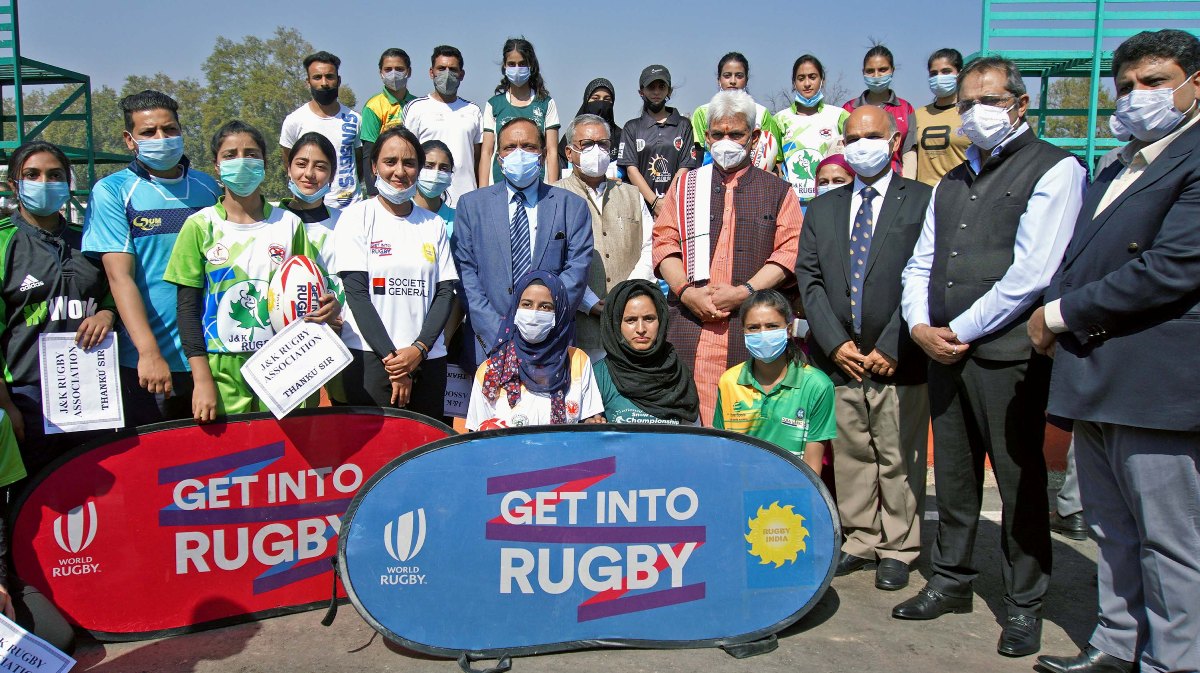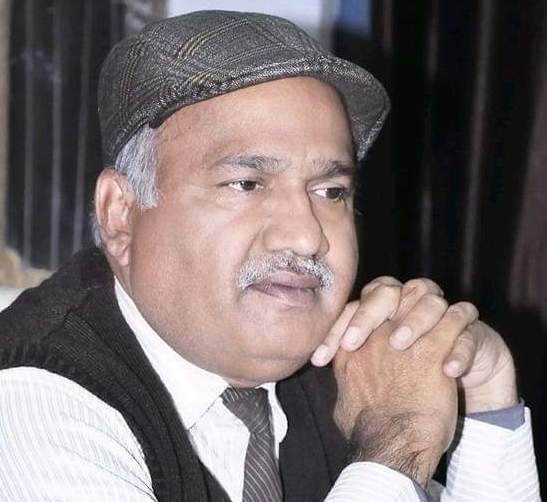by Vijay Garg
A sports psychologist’s responsibilities include assessing their client’s individual needs and maintaining performance records to track progress.

Sports psychologists play a vital role in enhancing athletes’ performance in sports. They serve as trainers, consultants, and therapists, helping athletes, coaches, and sports teams. Their primary focus is mentally preparing individuals for matches, races, and competitions. Additionally, sports psychologists assist athletes in overcoming issues such as depression, anxiety, stress, lack of confidence, and eating disorders through counselling and guidance.
Moreover, sports psychologists promote the psychological benefits of exercise in various settings, including public institutions, prisons, hospitals, and corporate seminars. They educate employees about the advantages of exercise, methods to improve mental and physical health and provide practical strategies for implementation.
A sports psychologist’s responsibilities include assessing their client’s individual needs and maintaining performance records to track progress. They may also conduct research in addition to providing services, as they have a significant impact on an athlete’s performance. Some of the key activities performed by sports psychologists are:
- Enhancing mental performance: Sports psychologists assist athletes in improving their mental performance, leading to increased confidence, focus, and intensity.
- Coping with fear: Sports psychologists help athletes overcome the fear of failure, stress, tension, and anxiety.
- Overcoming injuries: Sports psychologists aid athletes in recovering from long-term injuries and returning to their previous level of performance.
- Competition preparation: Sports psychologists support athletes and sports teams in preparing for competitions both mentally and physically.
- Improving efficiency: Sports psychologists contribute to enhancing the quality and efficiency of athletes’ practice sessions.
To become a sports psychologist, one needs to obtain a master’s or doctorate degree in sports psychology. There are no age restrictions for aspiring sports psychologists.
Sports psychologists should possess a deep understanding of stress management techniques and mental conditioning. They require extensive knowledge of exercise science and sports medicine, as well as an understanding of common sports-related injuries and their treatments. Objectivity, sound judgment, critical thinking ability, and data analysis skills are also essential.
The path to becoming a sports psychologist typically involves the following steps:
Step 1: Complete 12th grade and earn a bachelor’s degree in Sports Psychology from an accredited college. Some reputed colleges may require candidates to take entrance exams, while others consider marks obtained in qualifying exams.
Step 2: Pursue a Master’s degree in Sports Psychology to specialize in the field after completing the bachelor’s degree.
Step 3: After obtaining a Master’s degree, aspiring candidates can choose to work as a trainee/Assistant Sports Psychologist in an organization or pursue a Doctorate Degree in sports psychology. Holding a certificate in Sports Psychology from the Association for Applied Sports Psychology (AASP) is also beneficial.
Some notable Sports Psychologist Training Institutes in India include the National Institute of Sports in Patiala, Punjab; the Indian Institute of Psychology & Research in Bengaluru, Karnataka; the Indian Institute of Sports Medicine in Chennai, Tamil Nadu; the Indira Gandhi Institute of Physical Education & Sports Sciences in New Delhi, Delhi; and the Institute of Sports Science & Technology (ISST) in Pune, Maharashtra.

Careers in sports psychology encompass various settings such as hospitals, clinics, gyms, physical rehabilitation centres, high schools, and universities. Some sports psychologists work in private practice or offer consulting services in different settings.
Professionals in this field often collaborate with a multidisciplinary team of specialists to maximize health and wellness among athletes, coaches, teams, parents of athletes, and fitness professionals. The salary for a sports psychologist typically ranges from Rs. 30,000 to Rs 40,000 per month, with the potential for higher earnings (between Rs. 50,000 and Rs 2,00,000 per month) as experience is gained.
(Vijay Garg, MSc, BEd has been a Punjab Education Service (PES) officer who retired as a Principal. He has authored a number of textbooks. He lives in Malout Punjab.)















